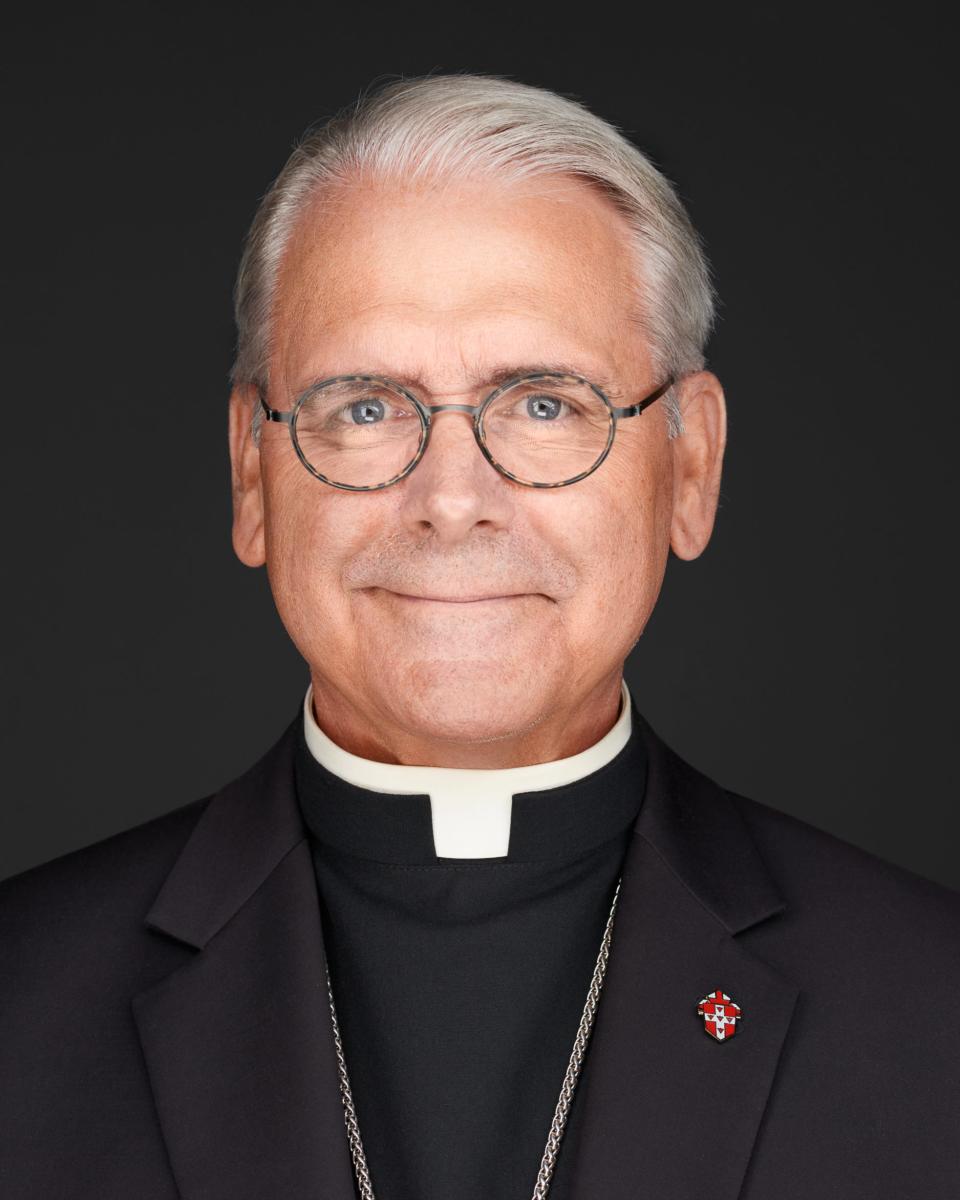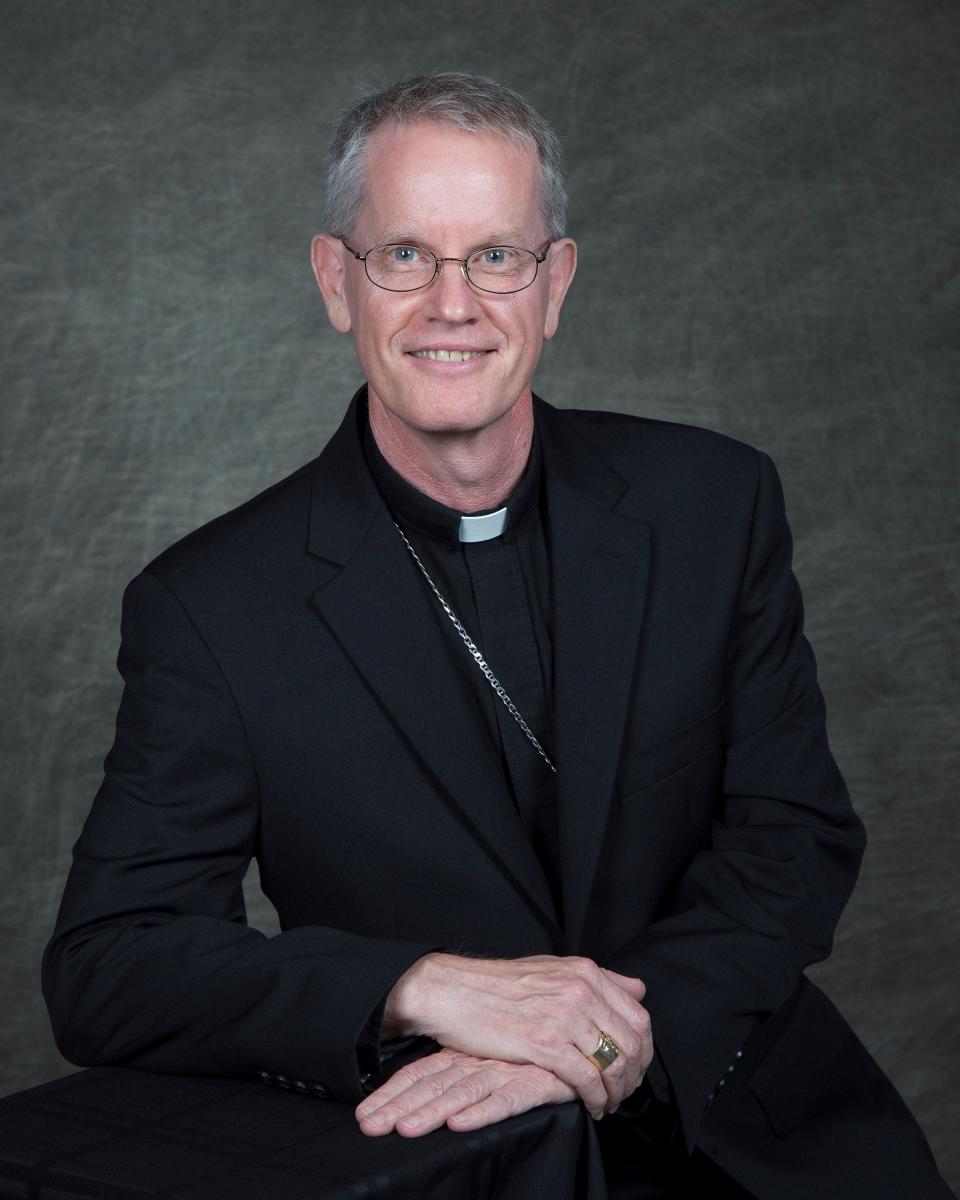Catholic Bishops: Stitt should choose Oklahoma judges to limit challenges to anti-abortion laws
As we face a future where decisions on issues such as abortion are increasingly left to state legislatures and state courts, it is imperative that Oklahoma have a judicial nominating procedure that models the federal process.
A bill currently before the Oklahoma Legislature seeks to fix this problem. Senate Joint Resolution 43 authored by Senate Pro Tem Greg Treat would align the state judicial nominating process to a system similar to the one established in the U.S. Constitution. The governor would appoint all appellate judges, including the Oklahoma Supreme Court, which would be subject to confirmation by the legislative branch. The system currently leaves the choice to the Judicial Nominating Committee instead of elected leaders.
Why is this process important?
When the abortion industry brings lawsuits challenging laws in other states, they do so in federal court. In Oklahoma, abortion businesses file lawsuits in state court since Oklahoma’s appointment process doesn’t involve the input or approval of elected leaders. Due to the peculiar way we appoint appellate judges in Oklahoma, we find ourselves in a situation where our state’s highest court consistently strikes down valid anti-abortion state legislation that would have been upheld had it been challenged in federal court.
We stand on the precipice of the U.S. Supreme Court possibly overturning Roe v. Wade and returning the issue of abortion to the states, and yet, despite having an overwhelmingly supportive voting public and Legislature, we are in real danger of having an Oklahoma version of Roe imposed by the state Supreme Court.
Look no further than neighboring Kansas to see Oklahoma’s future if action isn’t taken.
In 2019, justices on the Kansas Supreme Court created a state-level constitutional right to abortion. The Kansas court simply ripped a page out of the Roe court’s playbook and applied it to the Kansas Constitution. Kansans were, and are, outraged. Unfortunately, outrage after-the-fact does not change the tragic result of the decision by Kansas justices. If Roe is overturned, abortion will remain constitutionally protected in Kansas. We must avoid this in Oklahoma.
Already, the Oklahoma Supreme Court has repeatedly permitted abortion facilities to bring lawsuits challenging Oklahoma abortion laws solely under the Oklahoma Constitution rather than under federal law, and it has frequently struck down the challenged laws. In other words, it has interpreted the Oklahoma Constitution to protect abortion — despite ample text, history and intent to the contrary.
In Oklahoma, the Judicial Nominating Committee screens candidates for judicial office, narrowing the governor’s choices to three names. The governor cannot reject the three and ask for new candidates. He must pick from the list given by the committee. The Legislature is cut out of the process entirely. In effect, the people we elect to office are not the one’s choosing judges.
If the committee hands Gov. Stitt three nominees who support abortion, he cannot send them back. If he refuses to appoint a judge from the list, the chief justice appoints them.
SJR 43 would correct this issue.
MORE: Like Groundhog Day, attacks on Oklahoma judiciary expected yearly
We are encouraged the U.S. Supreme Court seems poised to finally reverse Roe v. Wade, but we’re gravely concerned the nominating process in Oklahoma will leave the state’s post-Roe world powerless to end abortion. It is imperative we act now through support of SJR 43.


Paul S. Coakley is archbishop of Oklahoma City. David A. Konderla is bishop of Tulsa.
This article originally appeared on Oklahoman: Stitt should choose Oklahoma judges that protect anti-abortion laws

